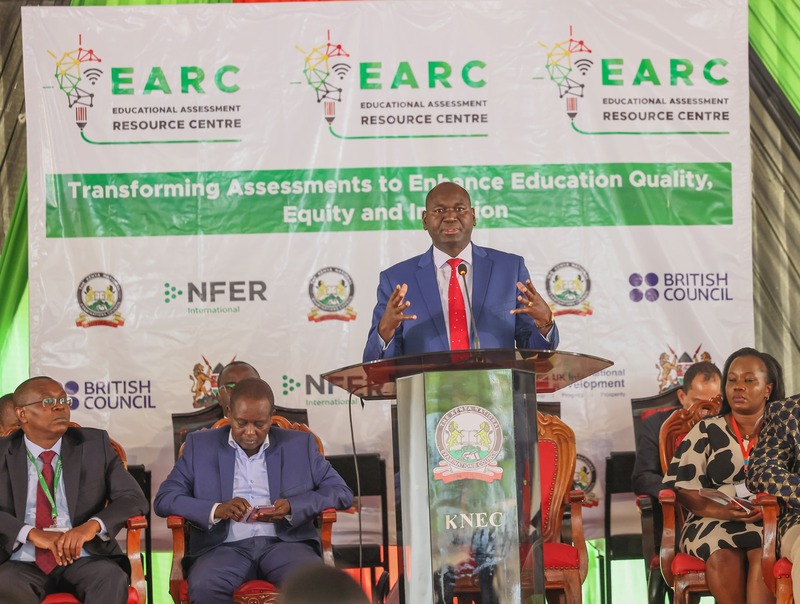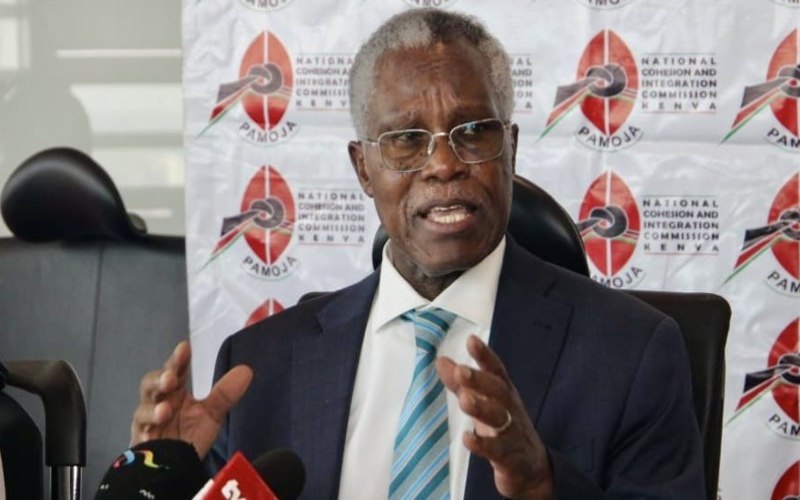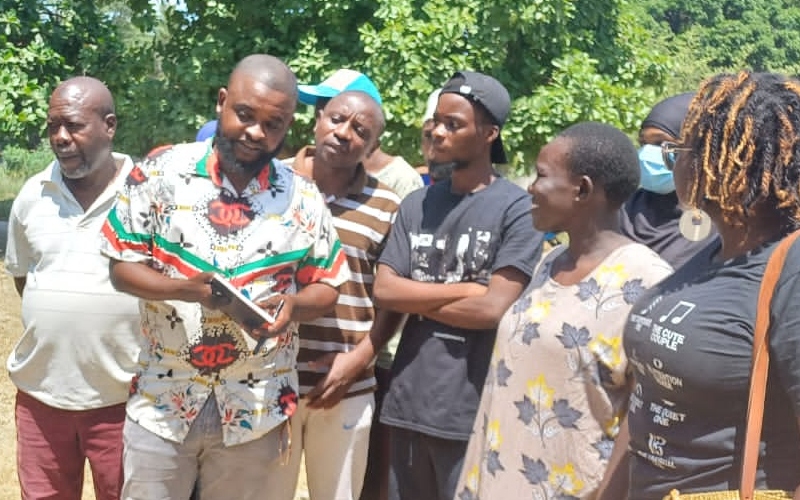Education Ministry expands senior school curriculum, makes Mathematics compulsory subject

The updated framework now mandates Mathematics for all learners, while also introducing non-assessed subjects like Physical Education, ICT skills and religious instruction to support holistic development.
The Ministry of Education has revised the Competency-Based Curriculum (CBC) structure for senior school learners, expanding the number of subjects from seven to 10 and introducing new guidelines on compulsory and elective learning areas ahead of the 2026 rollout.
The updated framework now mandates Mathematics for all learners, while also introducing non-assessed subjects like Physical Education, ICT skills and religious instruction to support holistic development.
More To Read
- KNEC to launch senior school assessment hubs ahead of Grade 10 CBE rollout
- Over 30,000 teachers set for senior school curriculum training ahead of 2026 transition
- CBE curriculum spirit alive in Eastleigh as parents lead new wave of youth football development
- Grade 10 textbook supply at risk as Sh11 billion debt stalls printing
- Teachers warn CBE curriculum risks undermining religious education, spiritual growth
- Primary school heads warn of infrastructure gaps threatening smooth transition to senior school
In a memo to all Regional Directors of Education, County Directors of Education and Sub-County Directors of Education, Education Principal Secretary Julius Bitok said the new structure targets the first CBC cohort expected to transition to senior school in January 2026.
Senior School is the fourth level of Basic Education in the CBC, coming after the Pre-Primary School (PP1 and PP2), Primary School (Grades 1 to 6) and Junior School (Grades 7 to 9).
He described the senior school stage, which spans Grades 10 to 12, as a pre-tertiary or pre-career experience for learners aged between 15 and 17 years. The level, he said, is designed to help learners refine their academic and professional paths based on interests and potential identified in earlier phases.
“The essence of Senior School is to offer learners a pre-tertiary/pre-university/pre-career experience during which the learners have an opportunity to choose subjects from the pathways where they shall have demonstrated interest and/or potential at the earlier levels,” he said.
Under the new arrangement, each learner will take seven examinable subjects. Four of these are compulsory, including English, Kiswahili (or Kenyan Sign Language for learners with hearing disabilities), Mathematics, offered either as Core or Essential depending on the learner’s academic path and Community Service Learning (CSL).
“All the learners shall take English, Kiswahili and Community Service Learning (CSL),” the circular reads.
“Learners pursuing the STEM pathway shall take Core Mathematics while those who have chosen any of the other two pathways will take Essential Mathematics,” Bitok said.
He added that if a learner who is not pursuing the STEM pathway opts to take Core Mathematics, they should be allowed to do so, depending on their Junior School assessment results.
The three remaining subjects will be elective, with the Ministry advising that at least two of them be drawn from the learner’s selected academic pathway. The available pathways are Science, Technology, Engineering and Mathematics (STEM); Arts and Sports Science and Social Sciences.
The Ministry said learners may, however, combine electives across pathways depending on their career aspirations.
“It should be anticipated that a situation may arise where a learner’s career choice requires that they take one subject in each pathway. Such a situation should be permitted,” reads the circular.
To support learners’ development beyond academics, Physical Education and ICT skills will be offered to all learners, though they will not be examined. Similarly, every school is required to offer a Pastoral or Religious Programme of Instruction (P/RPI) for spiritual and moral development.
However, the Ministry has warned schools against compelling students to take part in religious practices that go against their faith.
“No school should force learners to participate in religious rites and activities that are contrary to their beliefs,” reads the circular, referencing an earlier directive issued on March 4, 2022.
Bitok further stressed that subject choices must reflect a learner’s interests, aptitude, personality and intended career path. School leadership is expected to offer adequate guidance throughout the selection process to ensure learners align their academic choices with long-term goals.
The circular also outlined a weekly schedule of 40 lessons, with time allocated to both core and elective subjects, as well as non-assessed areas such as PE, ICT, pastoral instruction and personal or group study. The Ministry said each lesson will run for 40 minutes.
“You are required to bring this information to the attention of all Quality Assurance and Standards Officers and Principals of Senior Schools within your area of jurisdiction and ensure this directive is implemented,” Bitok said.
He also copied the directive to the Departments of Technical and Vocational Education and Training (TVET) and Higher Education, urging them to align their post-secondary programmes in preparation for the CBC cohort expected to complete senior school in 2029.
Top Stories Today














































